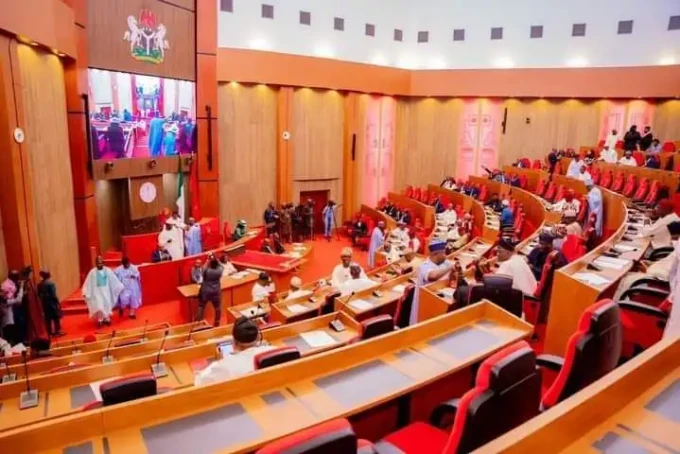The Nigerian government has embarked on an ambitious initiative to reduce the country’s unemployment rate by 20% over the next five years. This bold move is a clear signal of the government’s renewed commitment to tackling the high joblessness rate that has plagued the nation for years. With unemployment figures consistently rising, particularly among young Nigerians, this initiative represents a much-needed push towards creating sustainable employment opportunities and driving economic growth.
Nigeria’s unemployment crisis has been a long-standing challenge, exacerbated by factors such as rapid population growth, a sluggish economy, and an underdeveloped private sector. Young people, who make up the majority of the country’s population, have been hit hardest, with many struggling to find jobs after completing their education. The government’s new initiative seeks to address this issue by creating a conducive environment for job creation through a combination of public and private sector efforts.
Central to this plan is the stimulation of key sectors that have the potential to generate large-scale employment. Sectors such as agriculture, technology, and manufacturing are expected to be focal points of this job creation drive. By investing in these areas and fostering innovation, the government hopes to create a ripple effect that will spur growth across multiple industries. Additionally, skill development programs will be implemented to equip Nigerians with the expertise needed to thrive in an increasingly competitive global job market.
The initiative also places a strong emphasis on entrepreneurship, encouraging Nigerians to become job creators rather than job seekers. With access to funding and mentorship, the government aims to support small and medium-sized enterprises (SMEs) as key drivers of economic growth. By fostering a culture of innovation and self-reliance, the initiative hopes to reduce the reliance on traditional employment and empower individuals to take control of their economic futures.
This plan marks a significant shift in the government’s approach to economic development. By setting clear targets and implementing a comprehensive strategy, the Nigerian government is showing a renewed determination to address unemployment in a meaningful way. However, achieving these ambitious goals will require sustained effort, collaboration with the private sector, and the effective implementation of policies. If successful, this initiative could be a turning point in Nigeria’s fight against unemployment, unlocking new opportunities and paving the way for a more prosperous future.












I dont buy it! The Nigerian government always promises big but delivers small. Lets see if they actually follow through this time.
I believe this initiative is just a band-aid solution. The government needs to address deeper structural issues for real change.
Band-aids can stop the bleeding while we work on the surgery. Both are needed.
I dont buy it! The governments track record on promises is sketchy at best. Lets see some real action first.
Actions speak louder than words. Give them a chance to prove themselves.
I have my doubts about this initiative actually creating long-term employment. We need to see concrete action, not just promises.
I dont buy it. The Nigerian government always makes big promises but wheres the follow-through? Show me the results!
I dont buy it. The Nigerian governments promises are always empty. Lets see some real action before we celebrate.
I dont buy it. Nigerian government always promises big, but can they really deliver this time? Skeptical about their track record.
This initiative is just a band-aid solution. The government should focus on creating sustainable job opportunities, not temporary fixes.
I dont buy it. The Nigerian governments track record on delivering promises is shaky at best. Lets see some real action first.
I dont buy it. Nigerian government always promises big, but can they really deliver this time? Skeptical about their track record.
I dont buy it. The Nigerian government always promises big but delivers little. Lets see if they actually follow through this time.
I agree, actions speak louder than words. Lets wait and see.
I highly doubt the Nigerian governments ability to achieve that goal. Its all talk, no action. Show me results!
I doubt the governments ability to achieve this. We need more concrete plans, not just empty promises. Lets see some real action!
Actions speak louder than words. Time for the government to step up and deliver.
So, are we just going to ignore the corruption in the Nigerian government while they try to tackle unemployment? 🤔
Bold move by the Nigerian govt, but will it actually lead to sustainable job creation or just temporary fixes? Lets see.
Is this initiative realistic or just wishful thinking? Lets see if the Nigerian government can actually make a dent in unemployment.
Is this just another empty promise or could this actually make a difference? Skeptical yet cautiously hopeful. Time will tell.
Im not convinced this initiative will work. Weve heard promises before. Lets see some concrete action first.
Do you think the Nigerian governments plan to reduce unemployment by 20% in five years is realistic or just wishful thinking? Lets discuss!